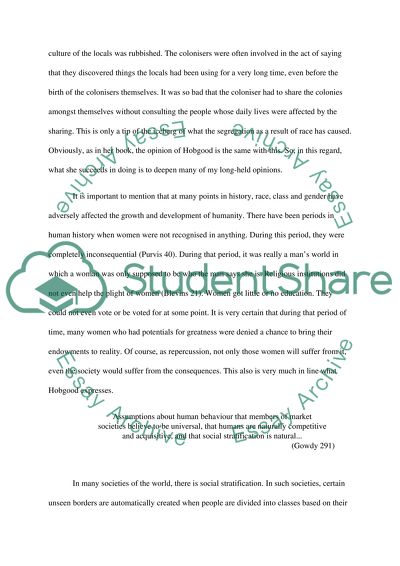Cite this document
(“How does Hobgood's arguments about dismantling race, class and gender Essay”, n.d.)
Retrieved from https://studentshare.org/environmental-studies/1412303-how-does-hobgoodyies-arguments-about-dismantling
Retrieved from https://studentshare.org/environmental-studies/1412303-how-does-hobgoodyies-arguments-about-dismantling
(How Does Hobgood'S Arguments about Dismantling Race, Class and Gender Essay)
https://studentshare.org/environmental-studies/1412303-how-does-hobgoodyies-arguments-about-dismantling.
https://studentshare.org/environmental-studies/1412303-how-does-hobgoodyies-arguments-about-dismantling.
“How Does Hobgood'S Arguments about Dismantling Race, Class and Gender Essay”, n.d. https://studentshare.org/environmental-studies/1412303-how-does-hobgoodyies-arguments-about-dismantling.


